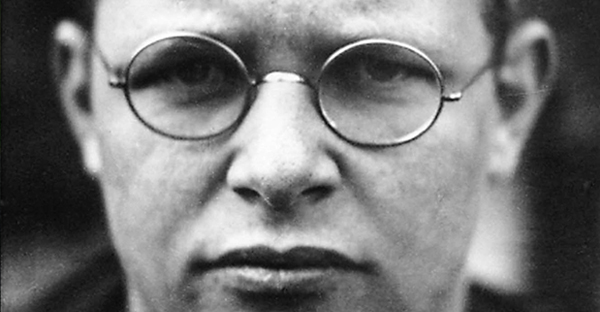
And he put all things under his feet and gave him as head over all things to the church, which is his body, the fullness of him who fills all in all.
Eph. 1:22-23
Yesterday, we discussed loving what Jesus loves. We saw what Jesus loves is his church. Often, we think that church is an option; an add-on for our benefit and convenience. Pick and choose, come or go, it is one of many things that we can do or not do. Yet, the church is the Body of Christ. Jesus Christ is its head. We can know the head, but we will not be able to stand, walk, or run without the body. According to Scripture, church involvement and participation is not an option, but a necessity for communing with the eternal Christ (1 Cor. 12:27).
Many hurt believers and confused outsiders decide that they do not need the church. They remark, “I will follow Christ, but I don’t like the church.” The New Testament does not give us that option. Without the church, we do not grow in Christ, mature in relationships, or deepen in worship. Without church, we do not minister effectively, we are not challenged, and we do not learn covenant commitment.
We continue with our story of a young German theologian who learned what it meant to love Christ and his church:
Four years later, on July 29, 1928, this same young man, now a pastor in Barcelona, was preaching to a congregation of German expatriates. He related from his time in Rome, this life-changing observation:
“There is a word that, when a [Roman] Catholic hears it, kindles all his feeling of love and bliss; that stirs all the depths of his religious sensibility, from dread and awe of the Last Judgment to the sweetness of God’s presence; and that certainly awakens in him the feeling of home; the feeling that only a child has in relation to its mother, made up of gratitude, reverence, and devoted love . . . .
And there is a word that to Protestants has the sound of something infinitely commonplace, more or less indifferent and superfluous, that does not make their heart beat faster; something with which a sense of boredom is so often associated . . . . And yet our fate is sealed, if we are unable again to attach a new, or perhaps a very old, meaning to it. Woe to us if that word does not become important to us soon again. . . . Yes, the word to which I am referring is Church.”
So spoke Dietrich Bonhoeffer to a small German congregation in Barcelona. So spoke a German theologian who was no longer a German Protestant, but a Reformed (or Evangelical) Catholic. This future theologian would no longer be myopically concerned with the affairs of the German state church, but open to the Holy Spirit’s directing and leading throughout the worldwide Body of Christ. Bonhoeffer would not only fall in love with Christ, but also, he would fall in love with Christ’s church. Now, Bonhoeffer was a son of the Reformation ministering in the Catholic tradition in a fascist world gone mad.
Sources: Dietrich Bonhoeffer cited in Timothy George, “What I’d Like to Tell the Pope About the Church,†Christianity Today, Volume 42, Issue 7, (June 15, 1998) and Eric Metaxas, Bonhoeffer: Pastor, Martyr, Prophet, Spy (Nashville, TN: Nelson, 2010), 49.








